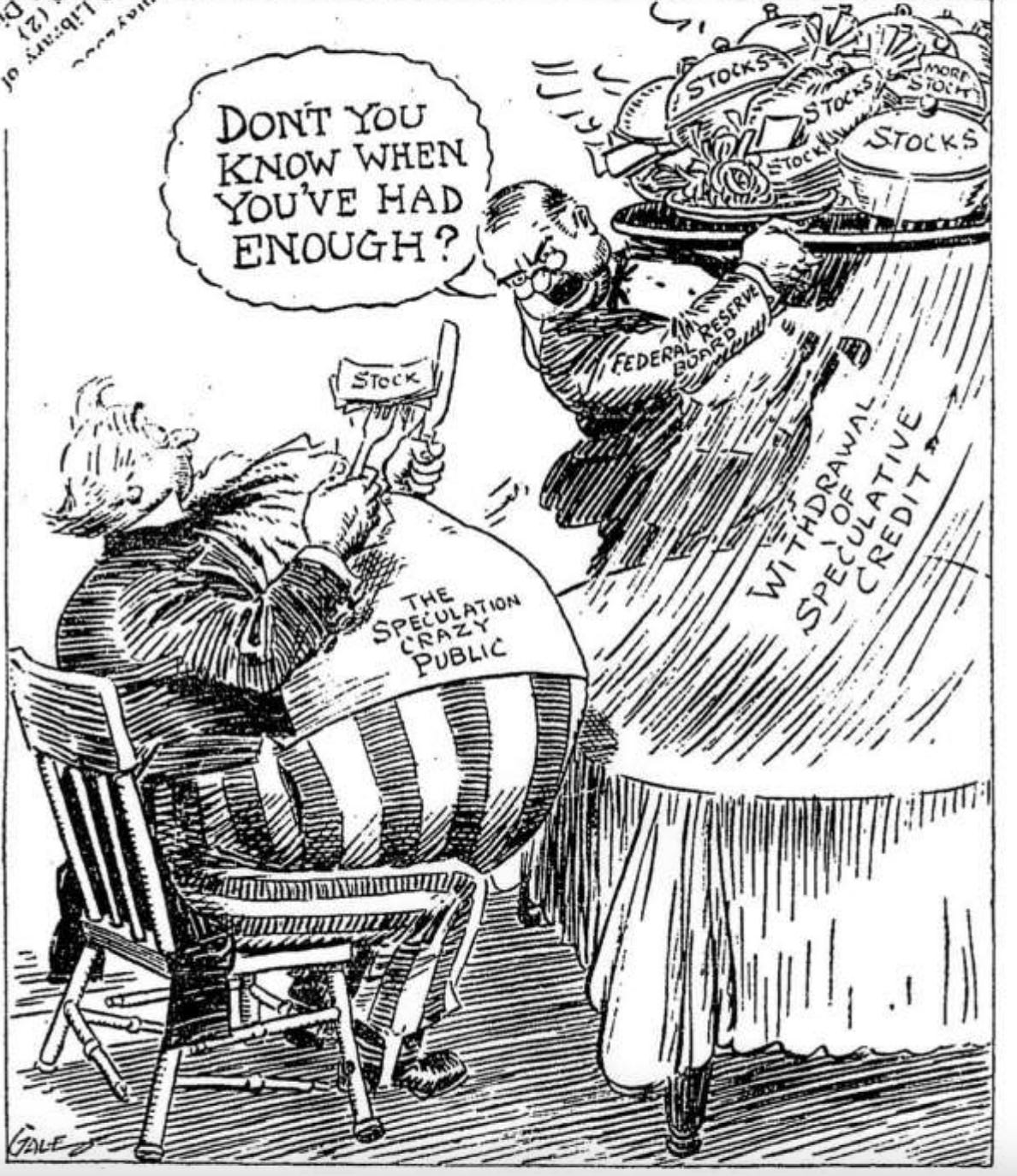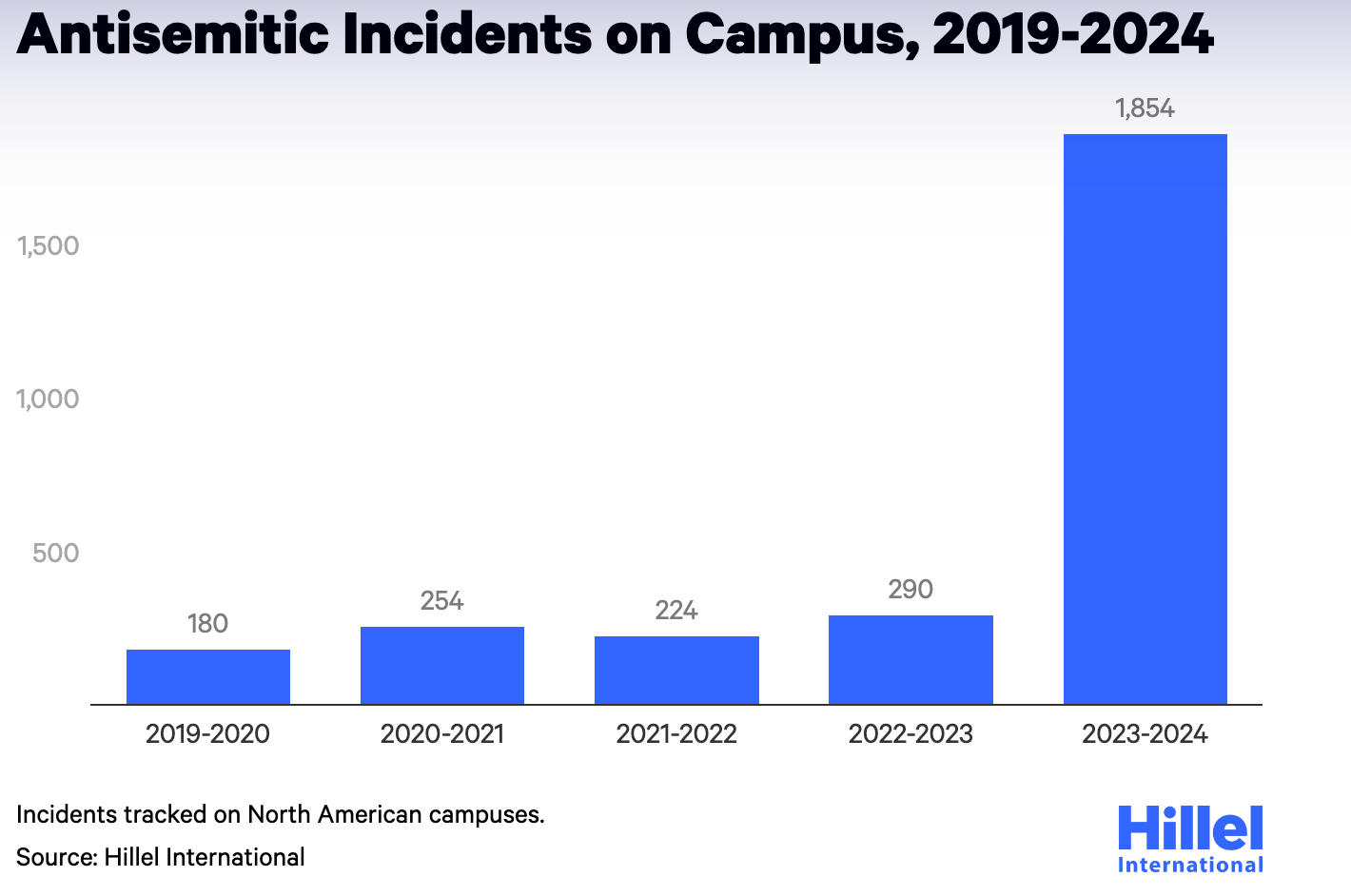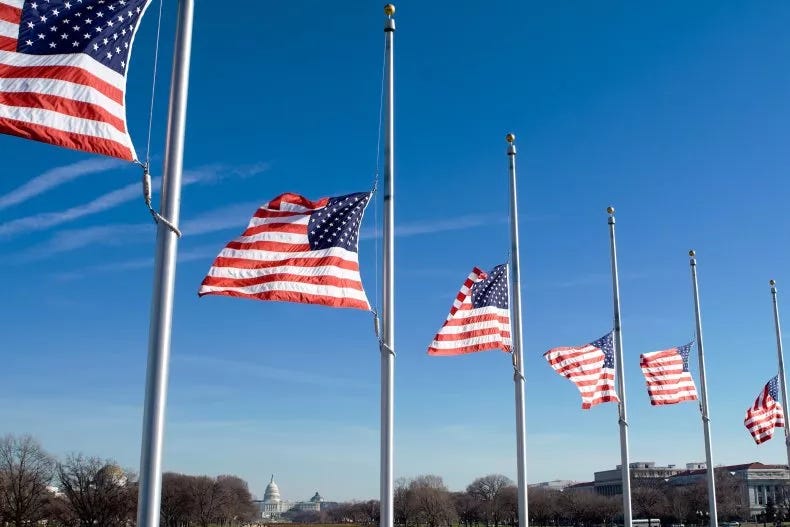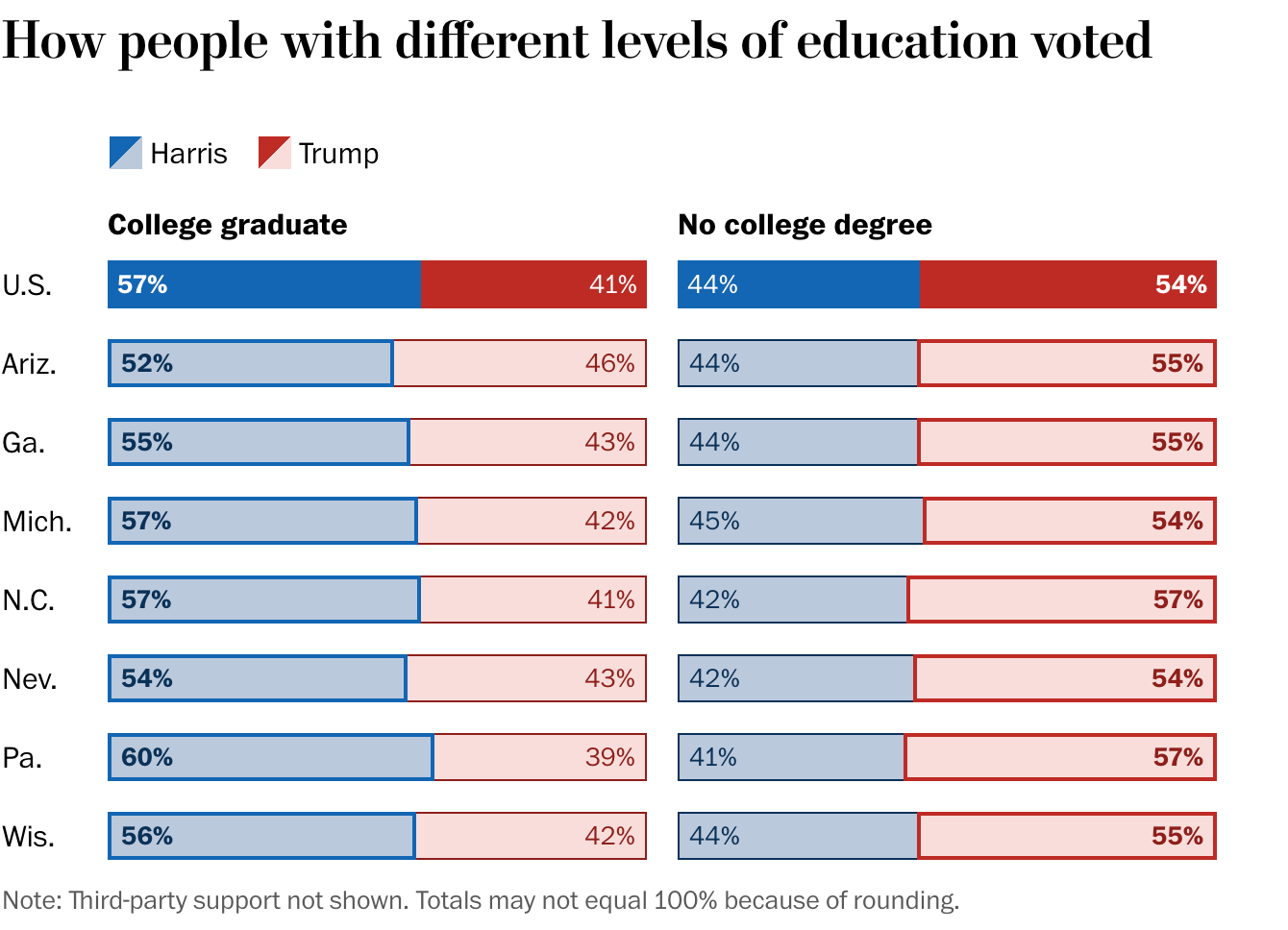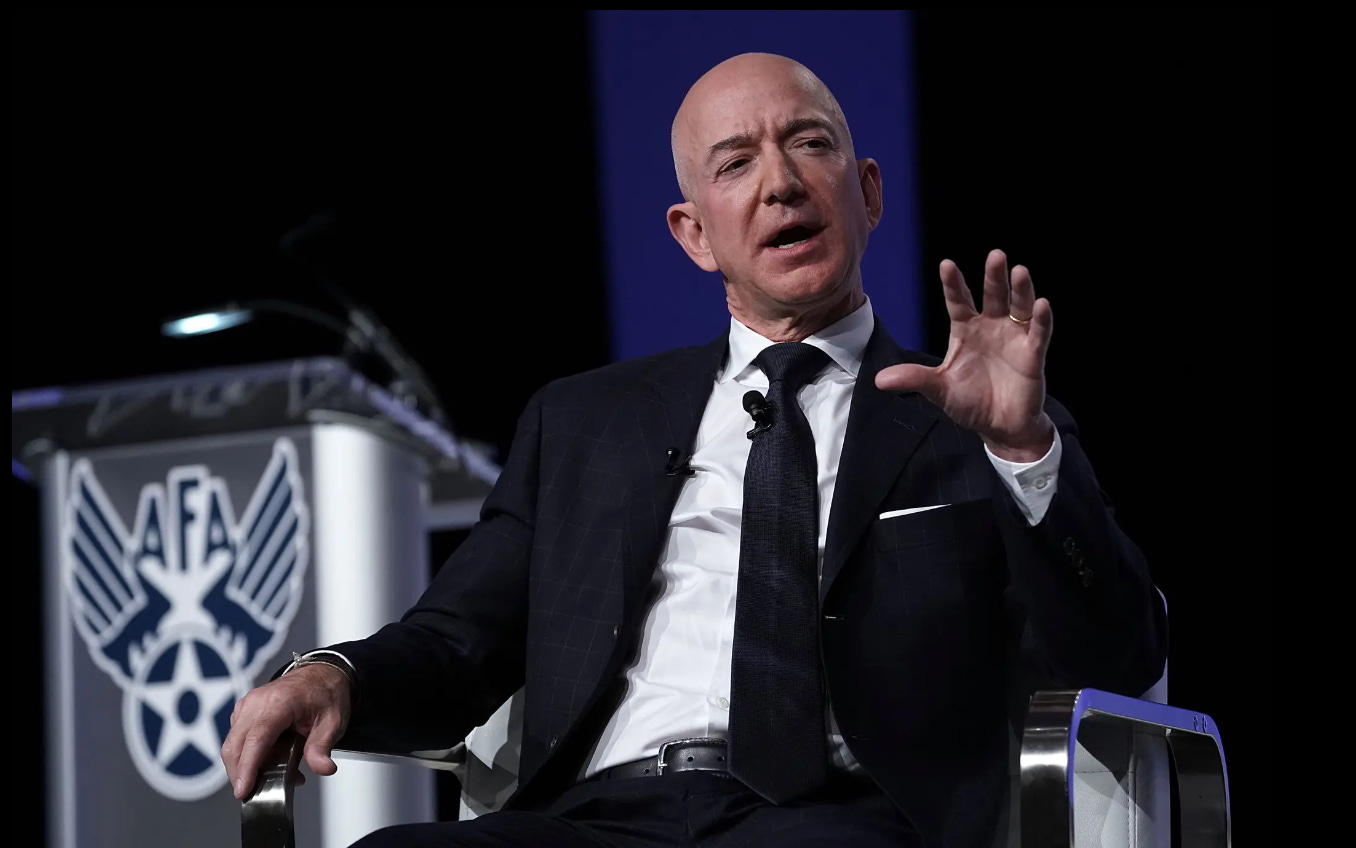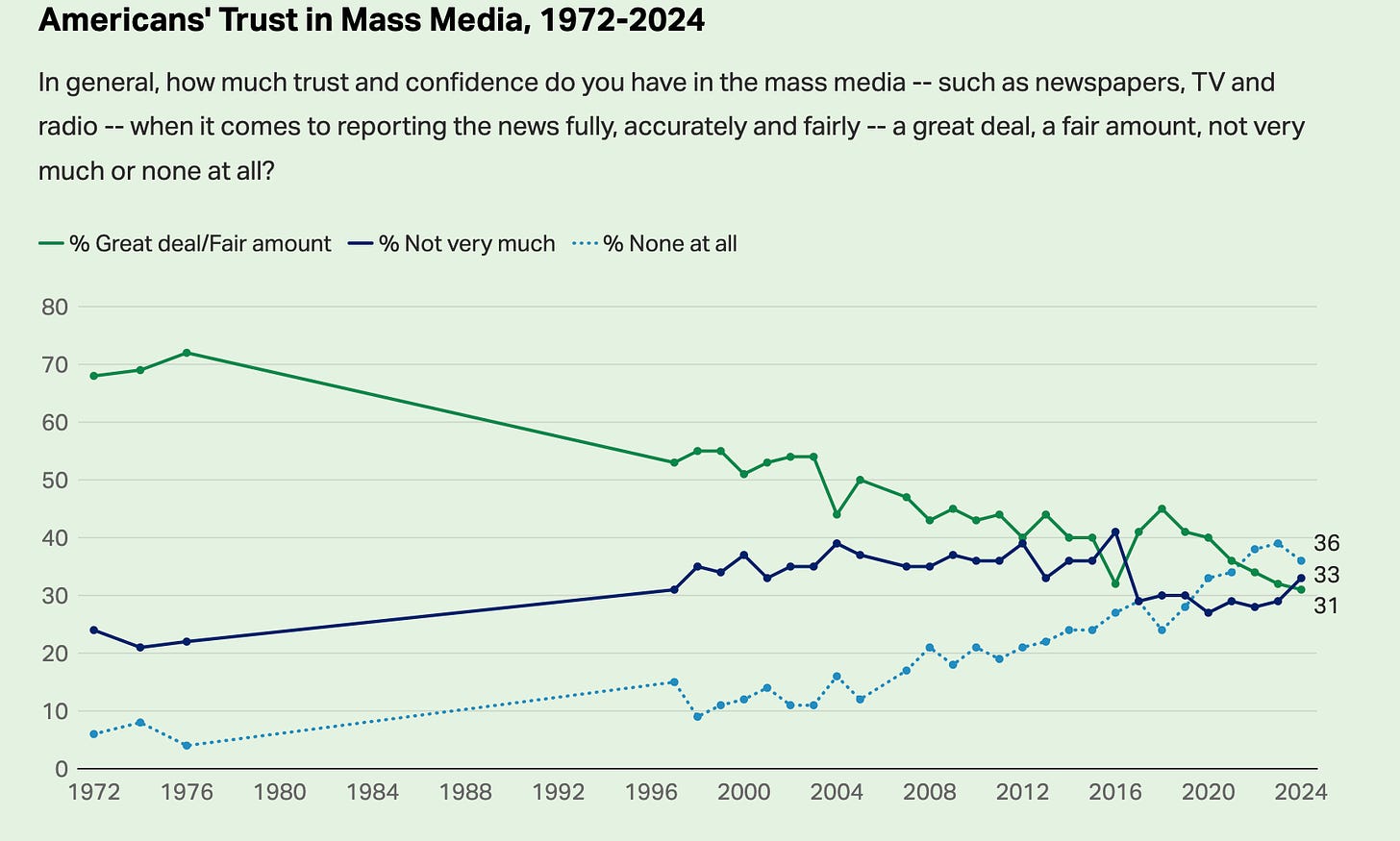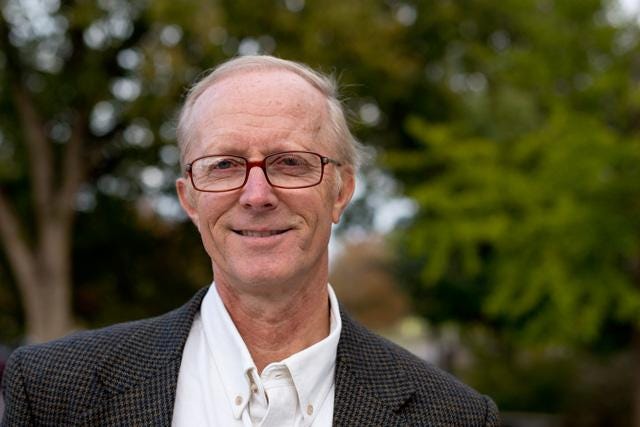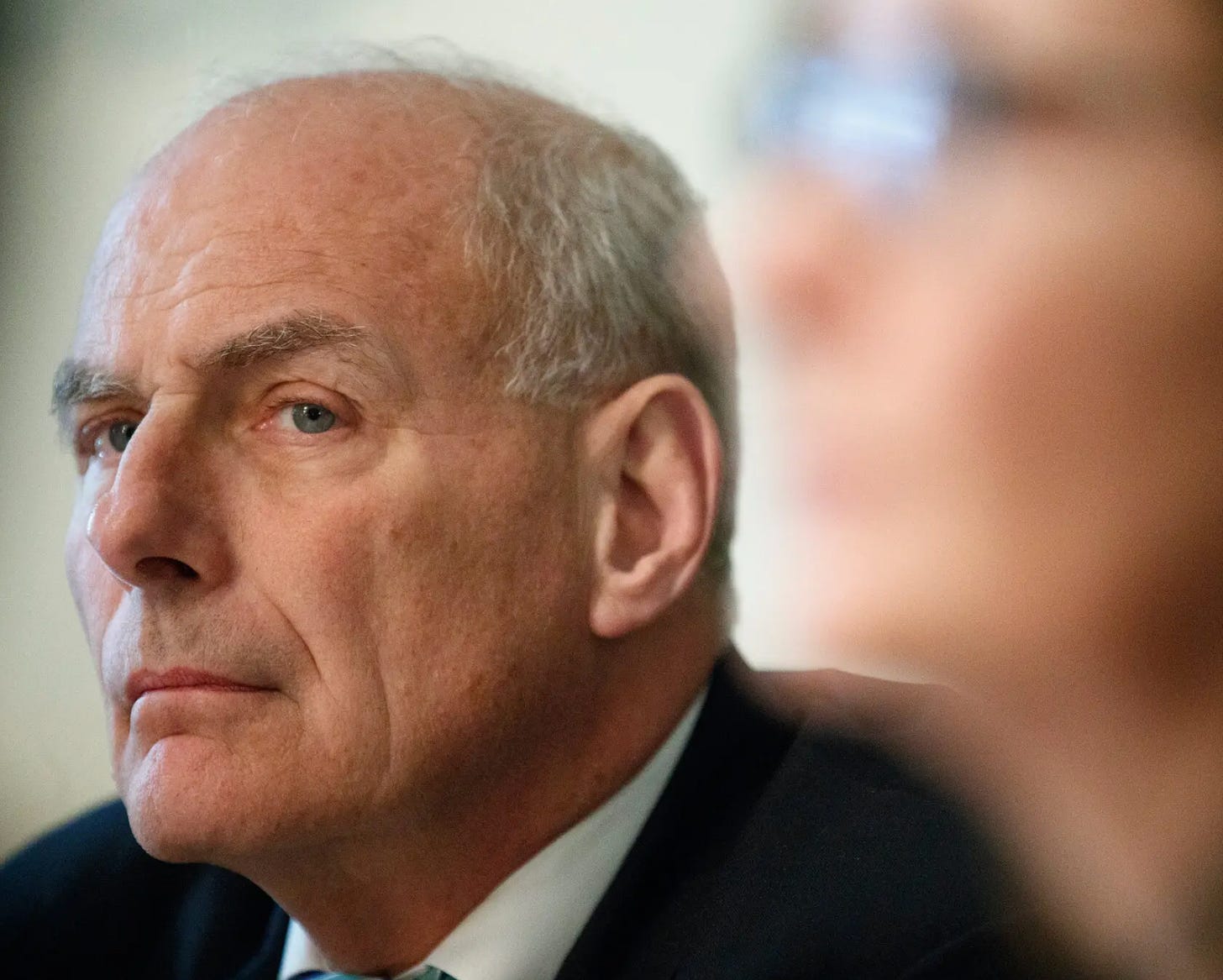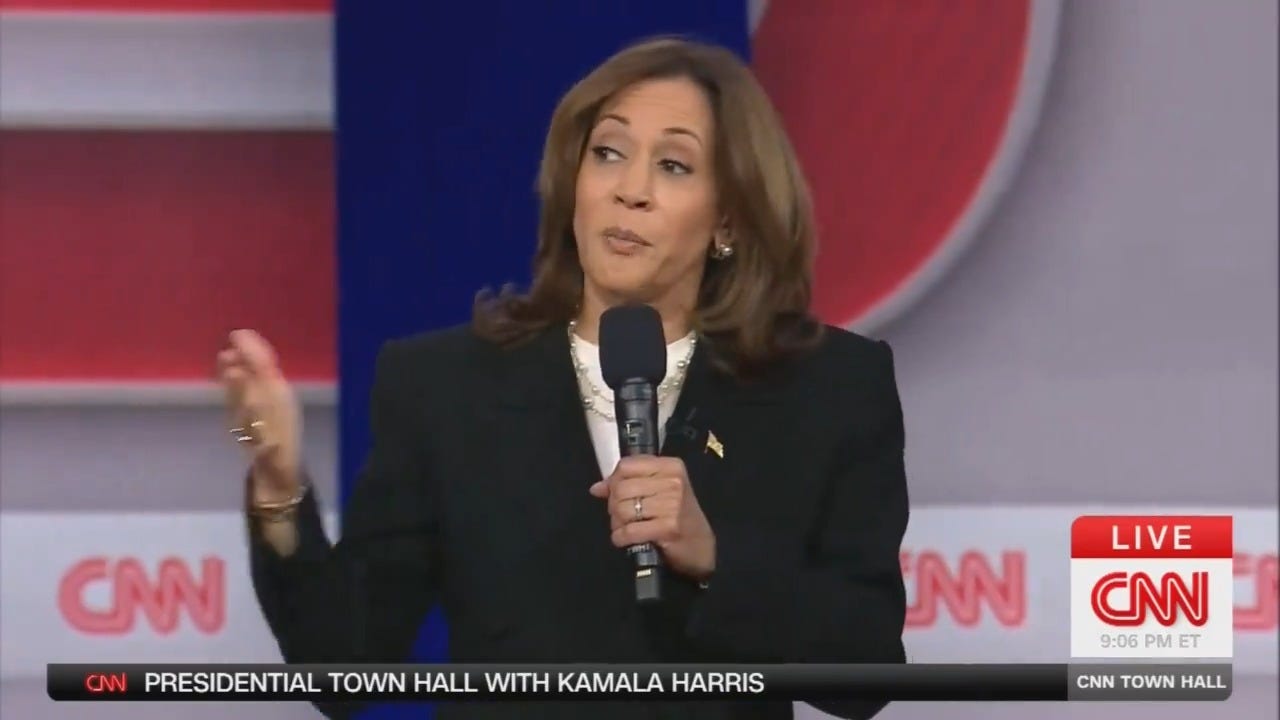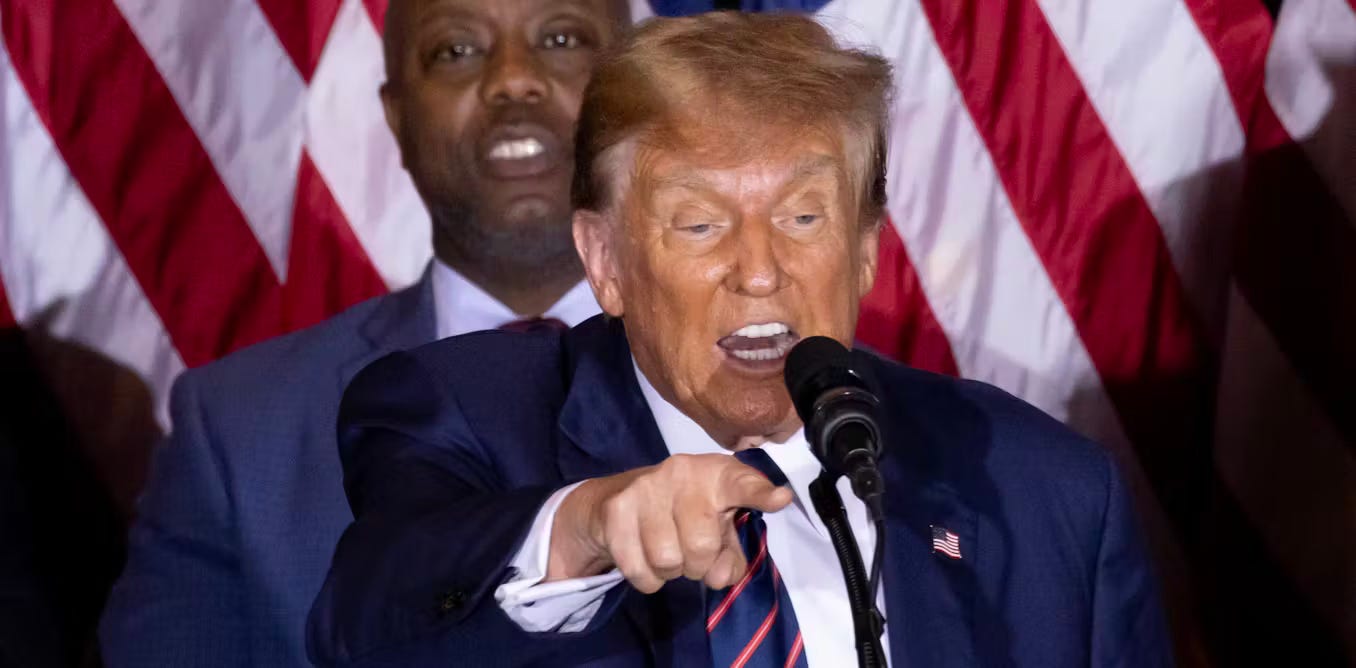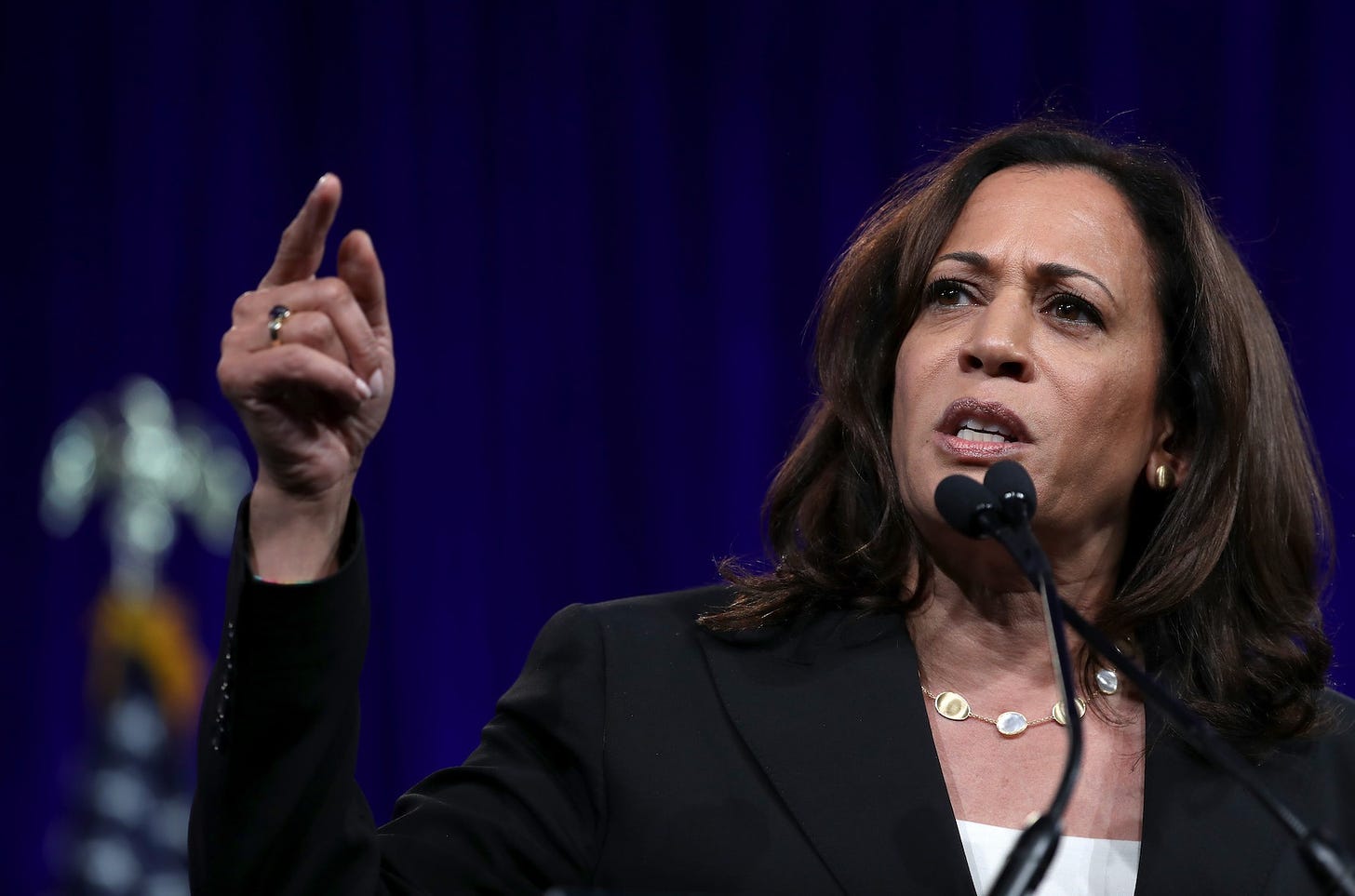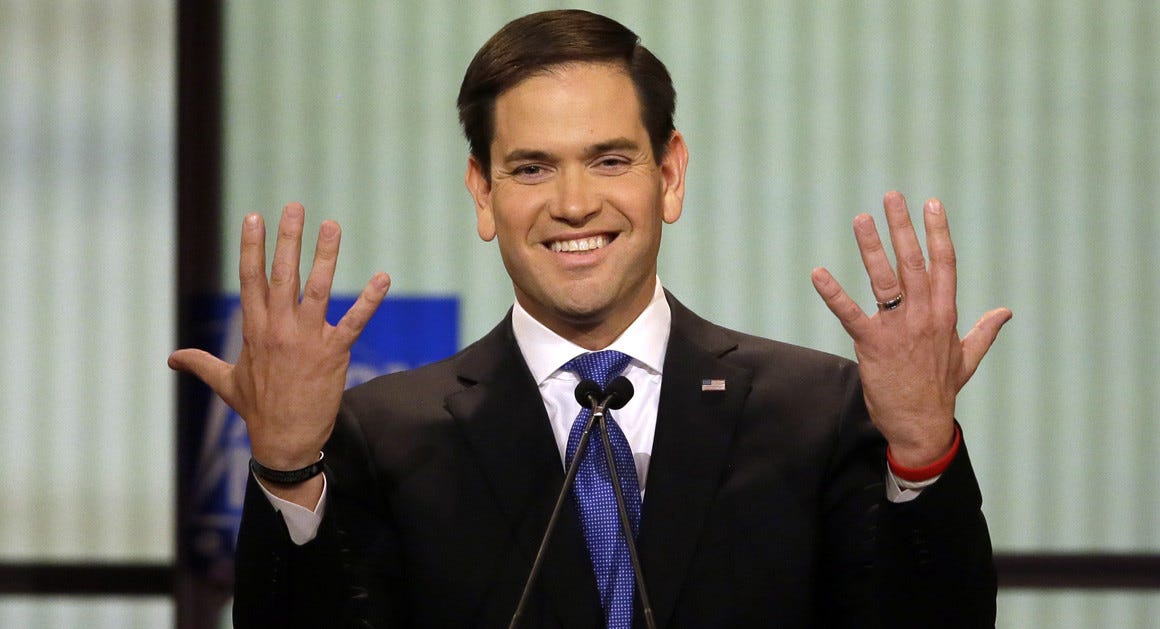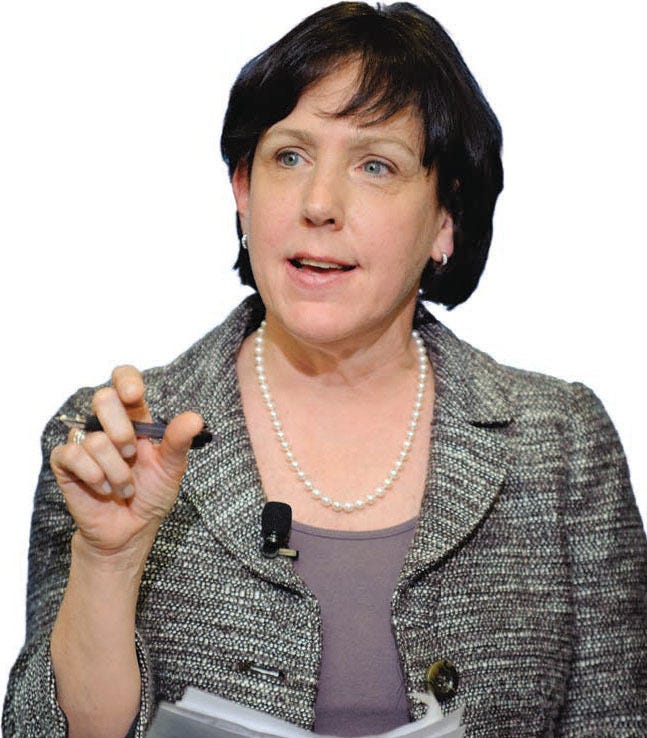The press, against all odds, must continue reporting fairly and thoroughlY
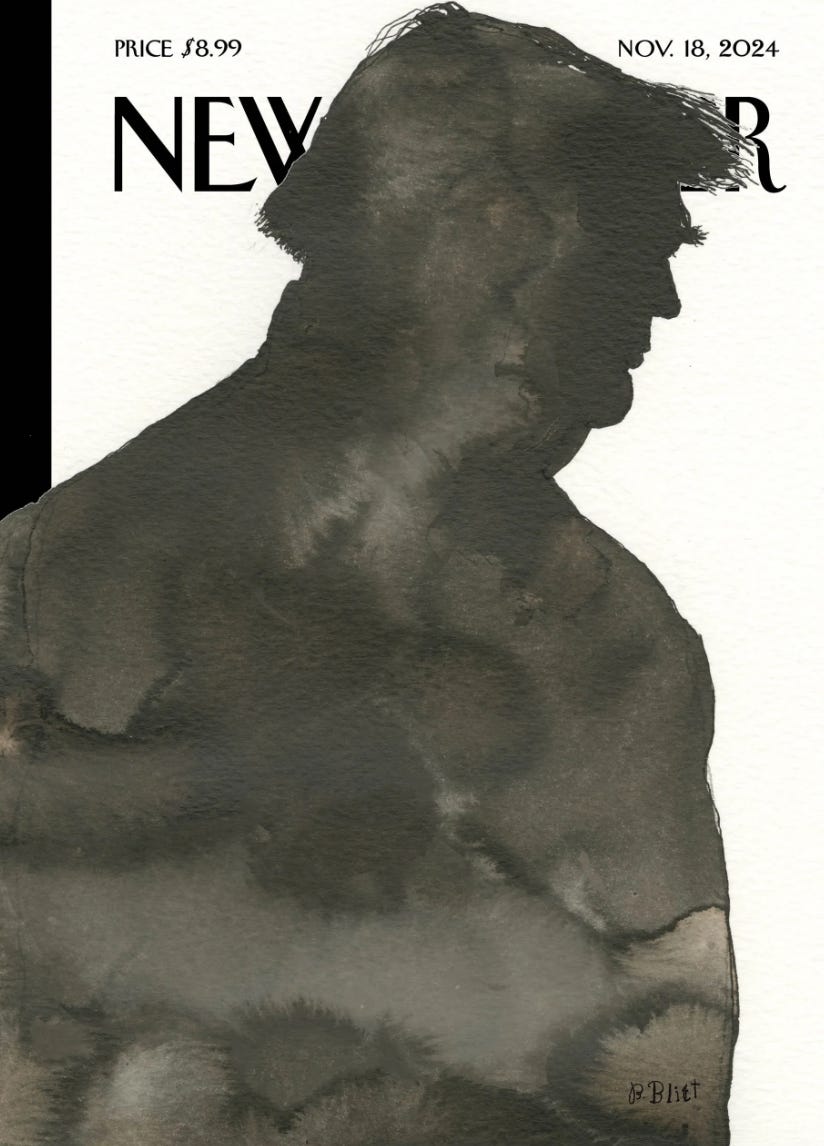
For the last year or so, the responsible media have reported doggedly on Donald J. Trump, spelling out his status as a felon, fraud and sexual abuser. More recently, journalists have dutifully recounted the, ahem, shortcomings of many in the Cabinet the incoming president is assembling.
For the Americans who elected Trump, however, all that seems to make no difference. Perhaps for some of them, in fact, these flaws may even be qualifying characteristics – badges of honor that bespeak an enviable outlaw and macho status. Such qualities may be part of giving the finger to the Washington establishment and overeducated coastal elites.
So, the question is: if critical reporting on Trump et al. is irrelevant or worse to most Americans, do the media really have a useful role? If such information is important only to the minority that read newspapers, smart magazines and such, does it matter? Some have suggested that The Fourth Estate is one of the main guardrails of democracy, but is it really now just a spent and impotent force in American life?
And, if so, how should reporters operate, going forward?
As a commentator for the Columbia Journalism Review recently noted, former Washington Post editor Martin Baron in 2017 famously said, “We’re not at war; we’re at work.” The CJR commentator’s gloss for 2024: “This time, we must be at work, but also preparing, if an errant leader chooses so, to be at war.”
Indeed, there’s little doubt that Trump 2.0 will be even more vicious toward the press than the first version. Consider what Reporters Without Borders, the Paris-based global journalism advocacy group, says:
“Trump has repeatedly issued specific threats to weaponize the U.S. government against the media …. He has made at least 15 calls for television stations to have their broadcast licenses revoked–a power the president does not possess. Following Democratic nominee Kamala Harris’s interview with the CBS program ‘60 Minutes,’ Trump accused the show of manipulating Harris’s responses to appear more flattering and posted on his social media site Truth Social that ‘CBS should lose its license.’ He later doubled down against CBS in an interview with Fox News, saying, ‘we’re going to subpoena their records.’
“Trump called for ABC News to be punished after the network aired his singular debate with Harris. The former president has also said that Comcast – the parent company of NBC News and MSNBC – will be investigated for ‘treason’ if he is elected. After a draft Supreme Court decision on Roe v. Wade was released in May 2022, Trump said the journalists who broke the story should be jailed until they give up their sources.”

So, how should the media respond, how should they do their work? Here’s the view of the aforementioned CJR commentator, Richard J. Tofel, former president of ProPublica:
“First, [the press] must continue to do its workaday job of reporting the news, of holding power to account, of describing the changes that are being made and proposed. Most of all it must do this work with restraint and proportion, not saying the sky is falling when the winner of an election fairly won is making choices he is entitled to make.
“But at the same time, it must prepare to defend the Constitution …. if such a threat eventuates, through extralegal means or a perversion of the law itself, it must step up. I fear that may occur in the next two years (before the voters can weigh in again). If it does, the press must fight, if necessary to the point of being silenced, with a courage, even a physical courage, that it has rarely had to muster in this heretofore blessed country.”
None of that means the press — the straight news or non-editorial, non-opinionated part of it, at least — should plan to become part of the Resistance. No, the media — especially still-surviving local press — must report for and about their audiences. This will mean reflecting the legitimate concerns, fears and hopes of Trump supporters, reporting faithfully on how or how not they will be addressed.
But this doesn’t mean sharing and endorsing the racism, sexism, fondness for despotism and other ugly characteristics that mark some such supporters. It also doesn’t mean indulging in false equivalences in the name of objectivity.
As Monika Bauerlein, CEO of Mother Jones, put it in 2019, many fault lines run through our country and our politics now. One of the most important, she wrote, “is the one between those who stand for democracy, with a small d, and those who abet authoritarianism and minority rule. In that battle, journalists can’t just dispassionately chronicle two equally valid ‘sides.’ A free press needs (and is needed by) lowercase-d democracy. We can’t exist without it.”
The press, she adds in referring specifically to The New York Times, “can’t be part of the Resistance but it better damn well be part of the lowercase-r resistance against authoritarianism and illiberalism.”
Still, the question remains about whether any of it will make any difference.
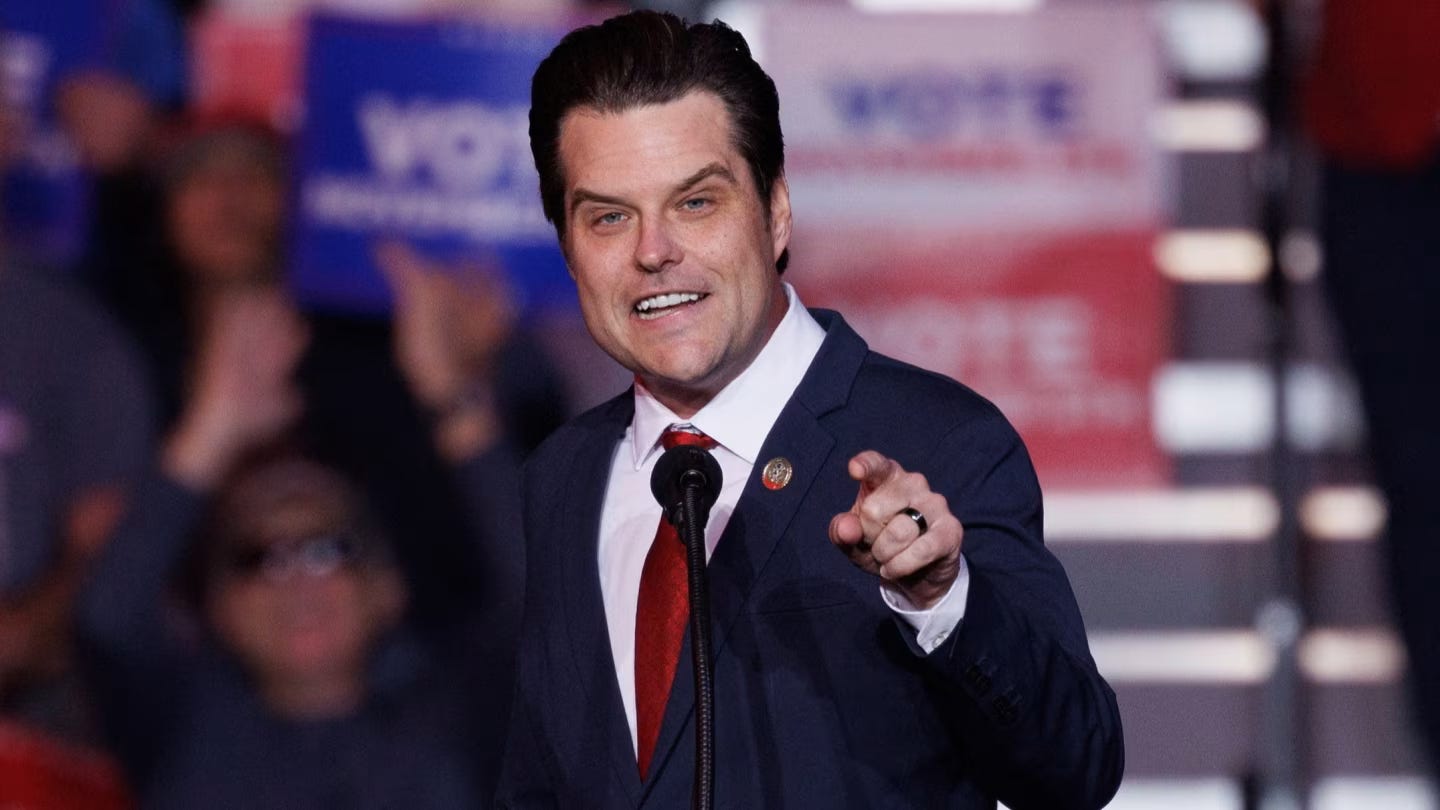
Will it make any difference when the press reports on Justice Department head nominee Matt Gaetz’s suspected pedophilia and drug use? When even The Wall Street Journal’s fire-breathing rightist columnist Kimberley A. Strassel calls the former Florida Republican congressman “a self-promoting featherweight disliked by 98% of his colleagues and towing a steamer trunk of skeletons,” adding that he’s “the kind of choice that makes even true supporters wonder how easily Mr. Trump is gulled by Twitter flash”?
Strassel’s colleague at the WSJ, Peggy Noonan, has little use for Gaetz, either. She calls him “disruptive, divisive, aggressive, lacking in groundedness and wisdom, and dogged by ethics allegations.”
But will that matter? Will anyone be swayed if the media — even the responsible conservative media — report on the peculiar history and beliefs of Robert F. Kennedy Jr. as he undergoes scrutiny to head the Department of Health and Human Services? Will the public care about the extramarital proclivities or coercive messianic religious convictions of Pete Hegseth, Trump’s choice to oversee Defense?
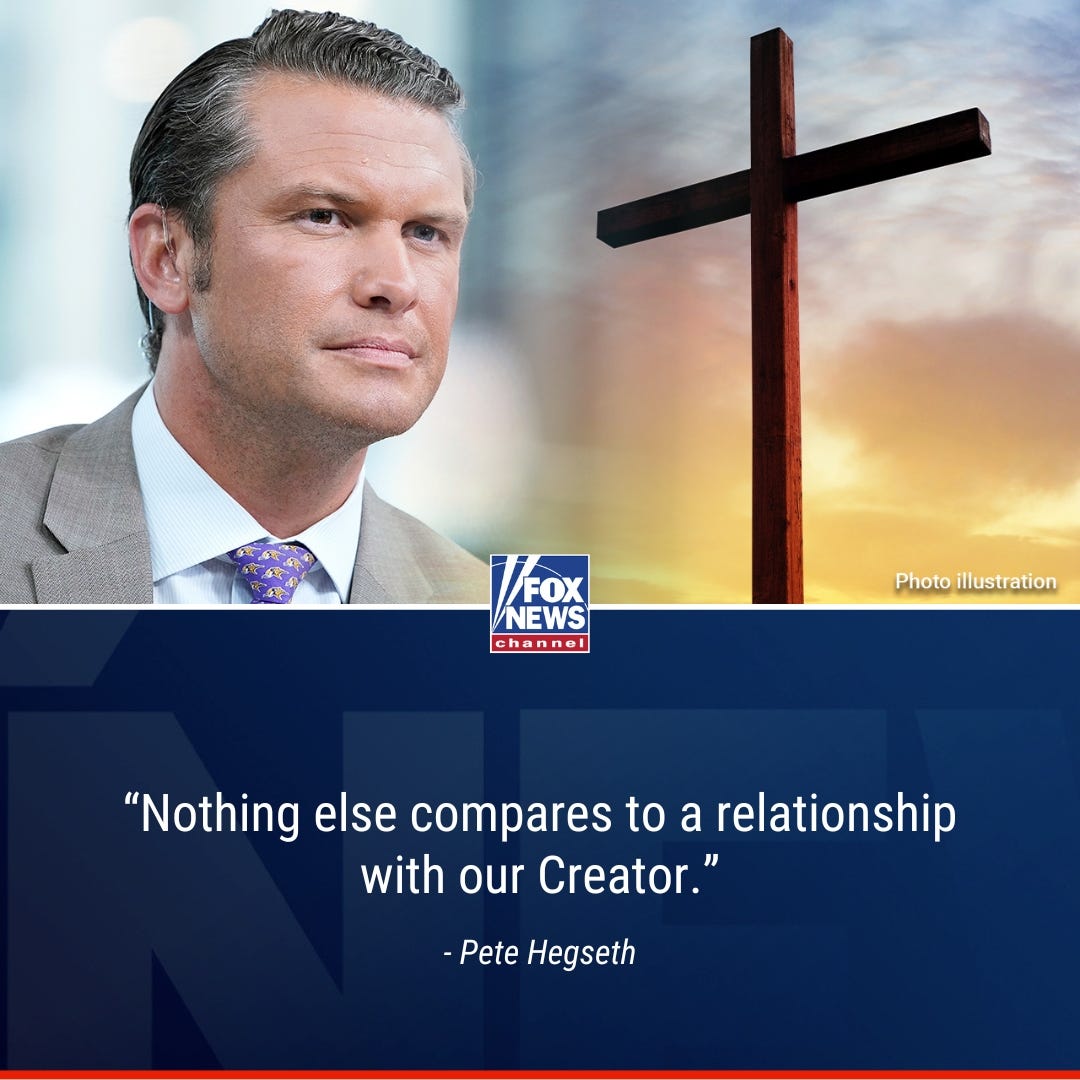
As the Jewish Telegraphic Agency reports, Hegseth is associated with Reformed Reconstructionism, a fringe Christian group that believes in applying biblical Christian law to society and in exclusively male leadership. It is actively preparing the world for the prophesied return of Jesus.
“The denomination has an affinity for the Crusades, the military campaign waged during the Middle Ages by European Christians to rid Muslims from the Holy Land, as described in the Old and New Testaments,” the JTA reports. “One of Hegseth’s most prominent tattoos is a large Jerusalem cross on his chest, a symbol featuring a large cross potent with smaller Greek crosses in each of its four quadrants. The symbol was used in the Crusades and represented the Kingdom of Jerusalem that the Crusaders established.”
Trump’s anointed Defense Department candidate, the WSJ’s Noonan writes, “has no serious governmental or managerial experience, no history of international accomplishment. … In the past 10 years Mr. Hegseth has made his living as a breakfast TV host and culture warrior. This isn’t the right fit. At this point in his life Mr. Hegseth, 44, lacks the stature and depth required of the role.”
Nonetheless, incoming Senator Majority Leader John Thune has suggested that recess appointments – a tool for getting around Senate confirmation hearings – could be among “all the options on the table.” Legislators, he argues, should work to “see that [Trump] gets his team installed as quickly as possible so he can implement his agenda.”
In other words, with its 53-senator majority, the GOP may well just give Trump whatever incompetent crackpots, morally loathsome or religiously extreme figures he wants. No vetting required, it seems. No legislative oversight needed. House Speaker Mike Johnson has already genuflected to his master in saying that a report on Gaetz’s activities should be withheld from the Senate and the public.
As it should, the press has dutifully reported on all this. It has detailed, as best it can, the moral and intellectual flaws in Trump’s team. And its efforts may be helped by critics in Washington who believe the truth about such nominees, no matter how unsavory, needs to come out. If further proof of their unsuitability exists, no doubt the press will air it.
However, as the ample reporting on Trump throughout the past campaign demonstrates, such facts may not matter. The incoming president may get all he wants, bringing to heel anyone in Washington who objects.

Tragically, perhaps, this phenomenon and the reaction of voters to the wealth of negative Trump reporting — over many years — seems to confirm a view first argued in the early 1990s that America has become a “post-truth” society. A now-deceased Serbian American playwright, Steve Tesich, argued back then in The Nation that Americans had just grown weary of unpleasant news. To update his thought a bit, they simply turned away from media that reported discomfiting news, preferring the “alternative facts” that Trumpist Kellyanne Conway so memorably described.
Pessimistically, Tesich provided a grim warning, one that journalists must keep in mind:
“We are rapidly becoming prototypes of a people that totalitarian monsters could only drool about in their dreams,” Tesich wrote. “All the dictators up to now have had to work hard at suppressing the truth. We, by our actions, are saying that this is no longer necessary, that we have acquired a spiritual mechanism that can denude truth of any significance. In a very fundamental way we, as a free people, have freely decided that we want to live in some post-truth world.”
Still, in the face of whatever weapons Trump and his minions will wield, and in the face of widespread public indifference to immorality, venality and flagrant self-interest, journalists must soldier on with what truly is a sacred mission. They must report the truth as best they can, ferreting it out and recounting it fully and fairly.
Yes, many in the public will turn a blind eye or a deaf ear.
But many will take note. By the latest tally, some 76.4 million Americans voted for Trump, giving him a slim majority of just 0.1 percent. Some 73.7 million voted for Harris, suggesting that many of our countrymen do pay attention. Many do remain believers in decency and democracy.
Over time – perhaps by the two-year midterm elections or four years on – persistent, thorough and fair truth-telling by the press could make all the difference. Much will turn on just how problematic the coming presidency proves to be, of course. In that, a responsible press will likely have no shortage of things to report.

